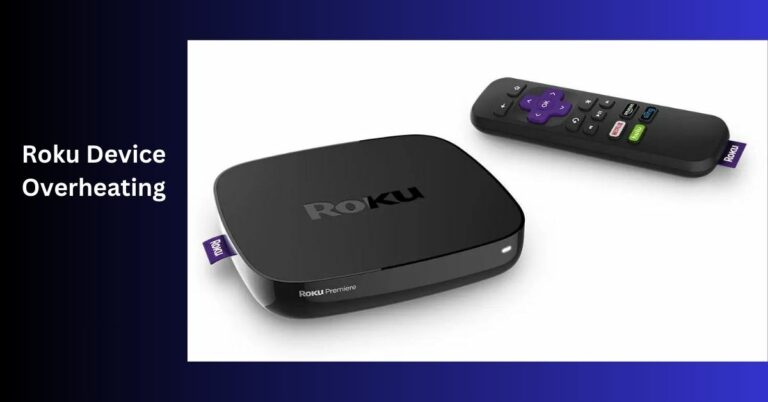What to Expect from an Emergency Air Conditioning Service Call
Experiencing a sudden AC breakdown is frustrating. What happens during an emergency air conditioning service call? Understanding the process can ease your worries.
When you need an emergency AC repair, knowing what to expect helps. What will the technician do first? Is your unit beyond repair?
These are common questions. The service call aims to get your AC running quickly.
It involves diagnostic checks, part replacements, and system tests. Let’s break down what you can expect.
Initial Assessment and Diagnosis
Upon arrival, the technician will begin by evaluating the situation. They ask about the problem and inspect the AC unit. This initial assessment helps identify specific issues.
Technicians use diagnostic tools to check the system. They look for obvious signs of damage. Common issues include refrigerant leaks, clogged filters, or compressor faults.
The technician may ask you questions for detailed information. Once they diagnose the problem, they outline the necessary repairs. This process helps them decide whether the fix is straightforward or more complex.
Immediate Repairs or Temporary Solutions
Depending on the issue, air conditioning repair services may provide immediate repairs. Reliable technicians carry standard parts and tools for common problems. If a quick fix is possible, they will perform it on-site.
For more complicated issues, a temporary solution might be applied. This ensures comfort while awaiting a full repair. For instance, a temporary coolant refill might be necessary.
This step is crucial for maintaining indoor comfort temporarily. The technician prioritizes getting your system up and running as quickly as possible.
Detailed Cost Estimate
Before proceeding with extensive repairs, you’ll receive a cost estimate. This detailed estimate includes labor, parts, and any additional services. Understanding costs upfront prevents any surprise charges.
The technician explains each expense. You can ask questions about the necessary repairs to make an informed choice. The aim is transparency in pricing.
Knowing the potential costs helps you decide whether to proceed. It also ensures budget management during emergency repairs.
Full System Performance Check
Once repairs are completed, the technician performs a full system check. They ensure the AC unit operates correctly. This includes checking airflow, temperature settings, and functionality.
A thorough check guarantees no underlying issues remain. The technician aims to restore your AC to optimal performance. Any additional tweaks are made during this check.
The process helps achieve maximum efficiency. Ensuring the system works well is crucial for long-term reliability.
Post-Service Care Tips
After finishing the repair, the technician provides post-service care tips. These tips help maintain your AC unit’s performance. Simple tasks like regular filter changes are essential.
The technician might highlight common signs of future issues. Understanding maintenance basics prevents frequent breakdowns. Proper care extends the lifespan of your AC system.
The technician is often available for follow-up queries. Knowing how to care for your unit boosts its longevity and efficiency.
Learn More About the Emergency Air Conditioning Service
Understanding what to expect eases the emergency air conditioning service. Being prepared helps you stay calm and informed. The technician aims to provide a quick fix when possible.
Thorough checks ensure your system works reliably. Knowing repair costs upfront prevents surprises. Post-service care tips maintain your system’s efficiency.
Regular maintenance extends your unit’s lifespan. Trust professionals for swift, reliable air conditioning repairs. Peace of mind comes with a well-functioning AC system.
Did you find this article helpful? If so, check out the rest of our site for more informative content.






